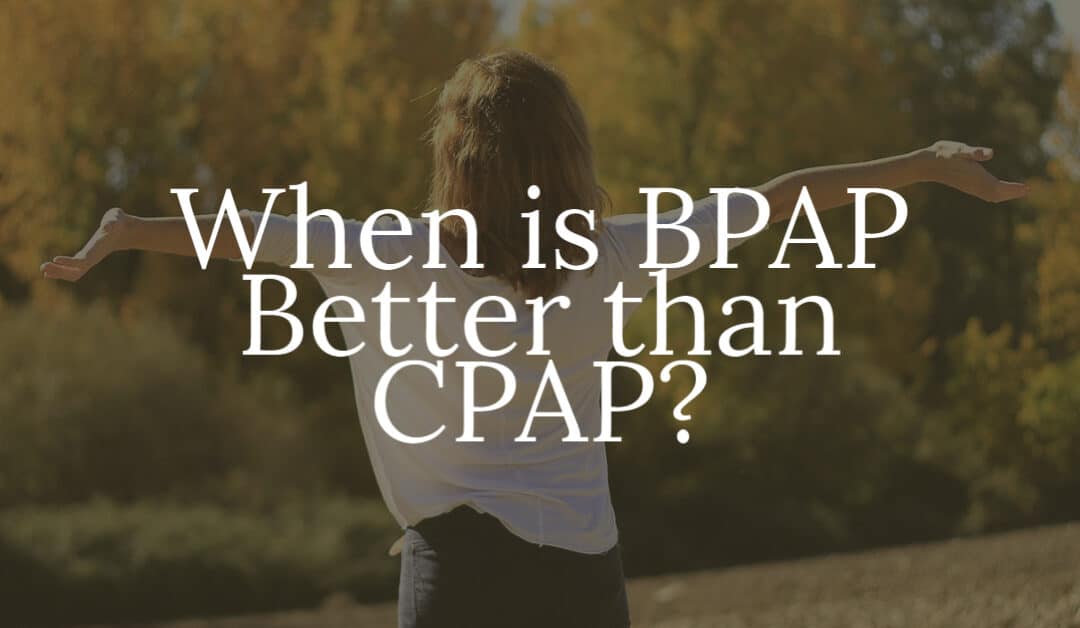
by Enticare Updates | Oct 5, 2021 | Sleep
When is BPAP Better than CPAP? If you are one of the 3-7% of the population affected by sleep apnea, you may use a medical device with pressurized air to breathe better, sleep better, and feel better. Doctors commonly prescribe a BPAP (BiPAP or bilevel positive airway...
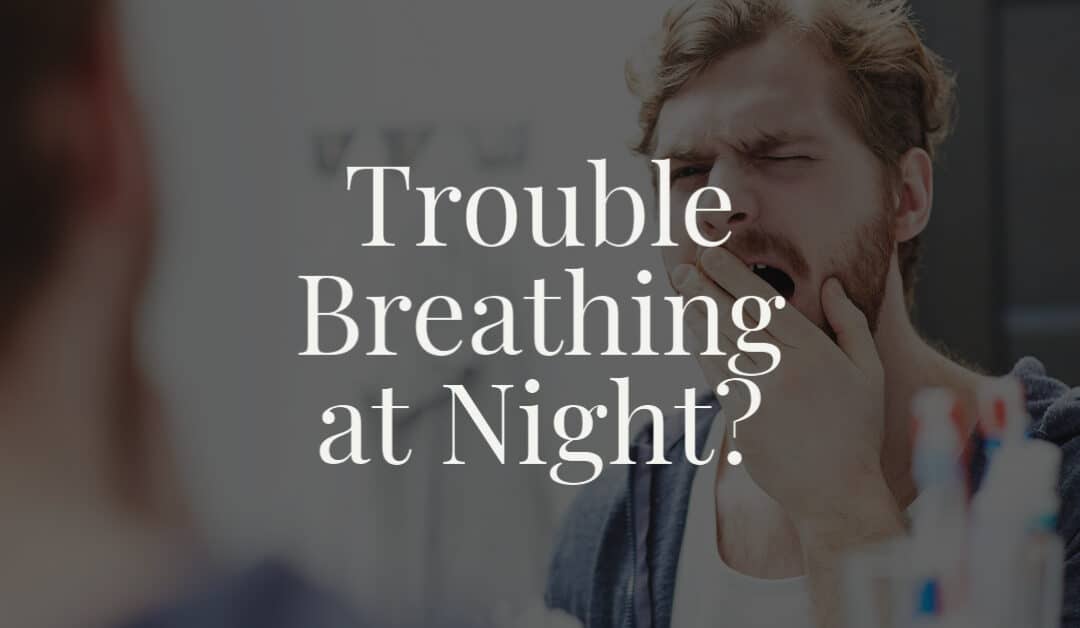
by Enticare Updates | Sep 28, 2021 | Brain Health, Mental Health, Sleep, Stress and Anxiety
Trouble Breathing at Night? If you struggle to breathe at night, you are not alone. Sleepapnea.org estimates that “22 million Americans suffer from sleep apnea, with 80 percent of moderate and severe obstructive sleep apnea cases undiagnosed.” Struggling to breathe at...
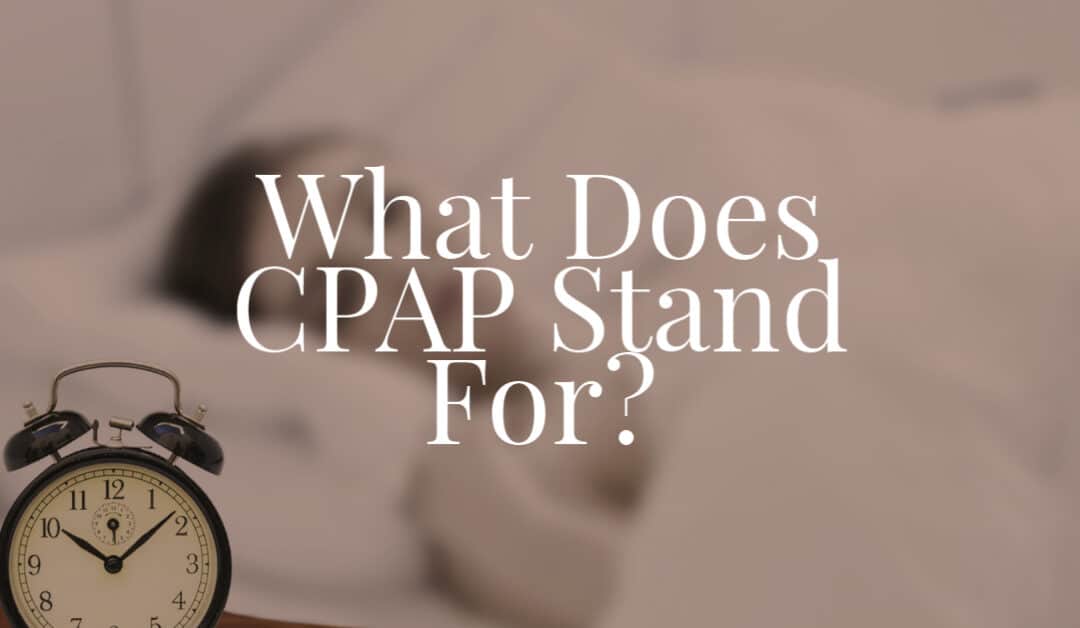
by Enticare Updates | Sep 21, 2021 | Sleep
What Does CPAP Stand For? If you have trouble breathing properly while sleeping, you may use a CPAP device to help you. CPAP stands for “Continuous Positive Air Pressure.” Using this device keeps you breathing in and out all night. Because of the air pressure it...
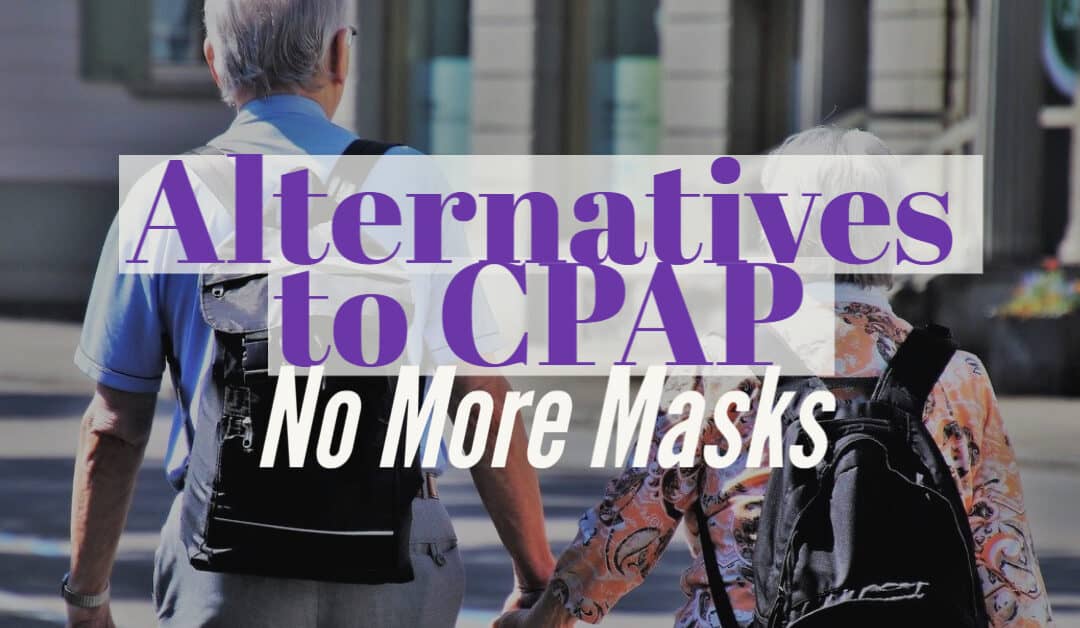
by Enticare Updates | Sep 14, 2021 | Sleep
Alternatives to CPAP: No More Masks If you struggle with snoring or breathing issues during sleep, you are not alone. Out of 326 million people in the US, 10% have obstructive sleep apnea. (1) With more than 8 million users in the US, continuous positive airway...
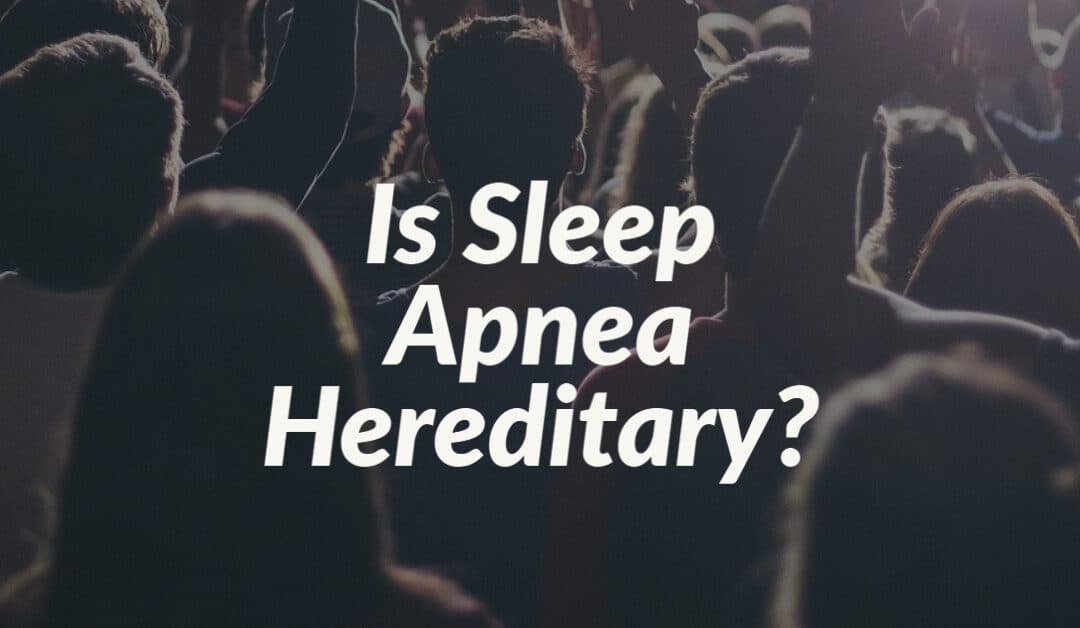
by Enticare Updates | Aug 31, 2021 | Sleep
Is Sleep Apnea Hereditary? If someone in your immediate family has been diagnosed with obstructive sleep apnea, you are more likely to also suffer from this disorder. Sleep disorders contribute to long sleepless nights and a struggle to stay awake during the day. It...






